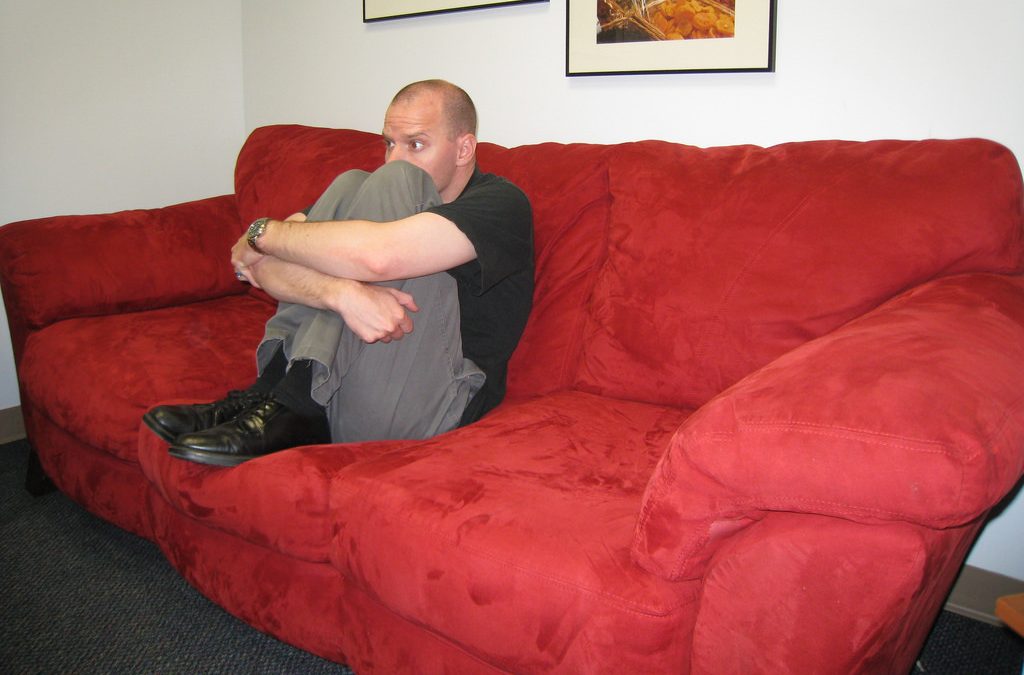So you’ve done your research and have finally found a great therapist for you. The next step is to meet with the therapist and there is a certain level of anxiety associated with meeting a therapist for the first time. If you are completely new to therapy and counseling, a fear of the unknown is often to follow you from your house to their office. In order to counteract this sense of anxiety, it’s important to first realize that this anxiety is universally understood to most people who enter into therapy or counseling for the first time. What best alleviates the stress is knowing what to expect and being aware of the goals you have for entering into therapy in the first place.
Maybe you’re worrying about the future, struggling with depression or battling anxiety, or maybe you’re just searching for some answers and insight into your life and how to make it better. Many people believe they shouldn’t enter into therapy because their situation is not dire enough, but it’s better to seek out help before treatment becomes an absolute necessity.
The First Session
Before going to your first session, it’s important to research the person and try to speak to them over the phone, if possible. Getting a feel for the person ahead of time will put you more at ease when the time comes to make your appointment. Realize before your first therapy or counseling session that the first meeting is just a time to become acquainted with the therapist and give them an idea of what the problem is. Every therapist is different but most are likely to be passive in that first meeting in order to get a feel for the issues and to just let you speak.
Know What Sets You Off
Be straightforward with your therapist about what might cause you to sever this relationship. Any therapist would rather know that certain points of view about your situation are off offensive. Perhaps your spouse had cheated on you and your friends blamed you for the infidelity; let your therapist know this line of thinking made you angry and why. Any explanations and insight into your feelings and emotions will only help your therapist know you better and be able to come up with the best action plans for you.
Have a Goal in Mind
Before going to your first session, it’s imperative that you have a goal in mind of what you are hoping to gain from therapy. It could be something as simple as getting a different perspective of the issue at hand or to face the problem head on and get real advice into dealing with anxiety, disorder, or taking control of a mental illness. Go in prepared with at least what you hope to gain from your therapy or counseling sessions so the therapist can have a better idea of what you want out of it.

